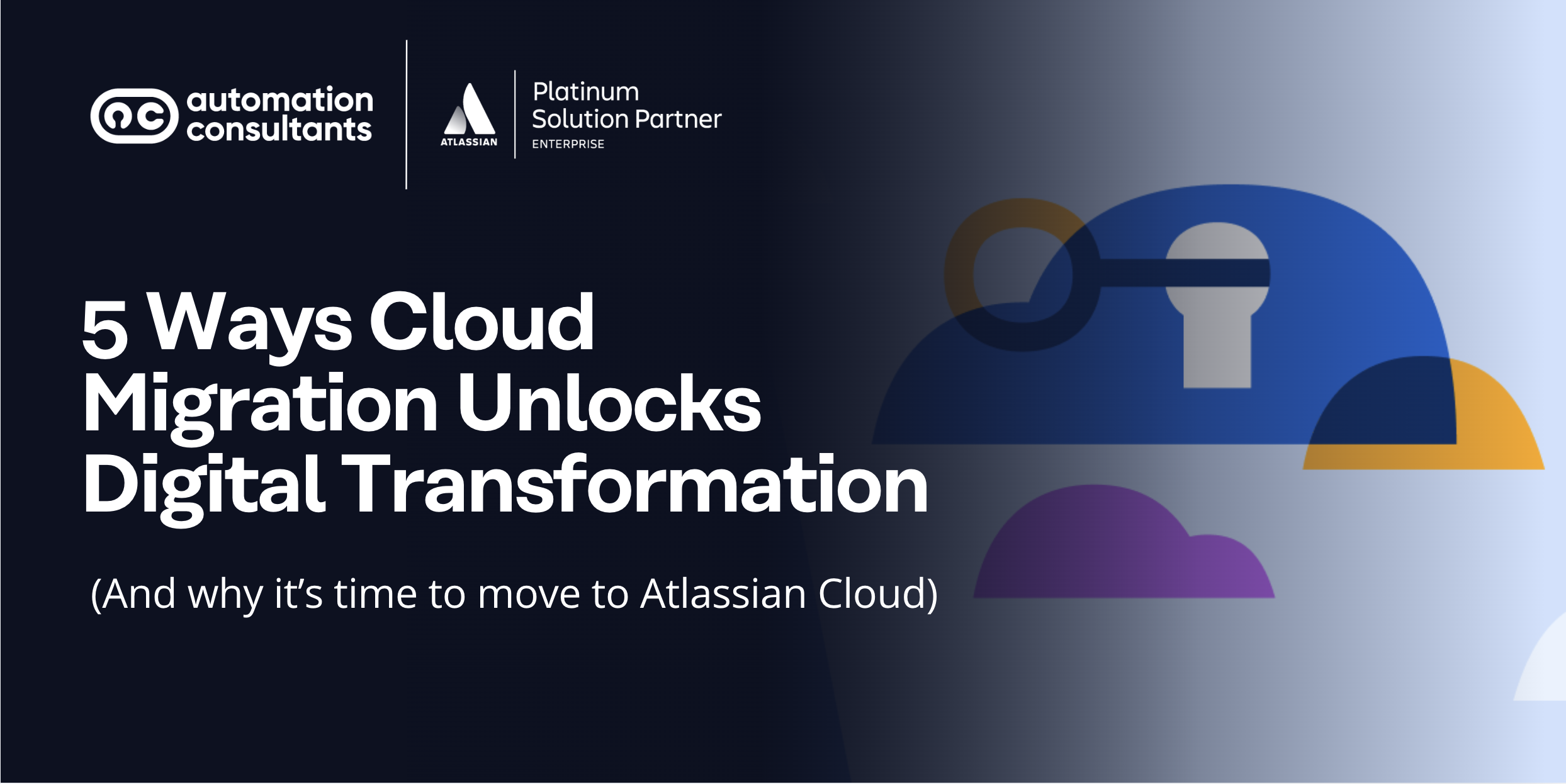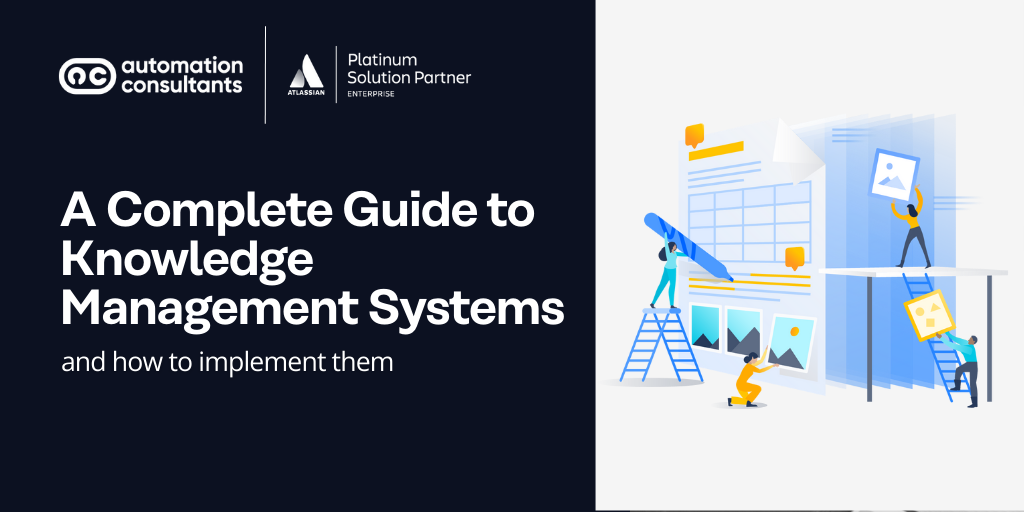62% of the Cloud market belongs to the Big Three: Amazon Web Services (AWS), Google and Microsoft Azure. Out of these, AWS owns 30% of the market share, followed by Azure at 20%, with Google in third place at 12%.
As an AWS consultancy, we are very aware of — and familiar with — the benefits this platform offers. This is why we’ve put together a list of AWS advantages, both strategic and operational, that you might want to consider when deciding on the right Cloud computing platform for you.
What is AWS Cloud?
Amazon Web Services is one of the most widely adopted Cloud computing services. It provides businesses with on-demand access to a wide range of digital infrastructure, from servers and storage to databases, machine learning, and analytics tools. Built on advanced cloud technology and supported by AWS’s expansive global infrastructure, the platform delivers scalable computing power and reliable performance for organisations of any size.
Instead of investing in physical hardware, your organisation can use AWS to run applications, store data, and scale operations through the internet. It offers over 200 services and a global network of data centres to help you build, deploy, and manage technology at scale without the overhead of managing it all yourself.
Did you know the Atlassian Cloud platform runs on the secure, scalable and powerful AWS infrastructure? Discover more about the relationship between AWS and Atlassian here.
A strategic case for AWS
Whilst choosing a Cloud service provider might seem more like a technical decision, it’s equally strategic as well. This choice will help you shape your business innovation, and might even affect how your business scales in the future.
As such, here’s why opting for AWS Cloud computing makes sense:
Proven leadership
AWS was launched in 2006, making it one of the first providers of infrastructure-as-a-service. That, in itself, doesn’t mean much, but over the years, it’s demonstrated resilience and reliability. The platform is constantly evolving and innovating, as evidenced by its range of tools and the latest addition of GenAI.
For more social proof, look at the organisations that use AWS Cloud computing to power critical systems. The names include companies like Netflix, General Electric (GE), Samsung, Adobe and Deliveroo – not to mention the Atlassian Cloud platform.
Comprehensive offerings
Looking at the entities that use AWS, you might assume it’s for large corporations only. However, the platform has something for everyone: from hosting a small website to building a large AI-driven platform.
Regardless of whether you’re running applications that rely on databases like MySQL, PostgreSQL, MongoDB, or Oracle, or working with platforms like Docker and Kubernetes, AWS supports a wide range of out-of-the-box technologies. It also provides over 200 fully featured services across compute, storage, analytics, and machine learning.
With all these offerings, AWS provides everything you need to consolidate your digital infrastructure under one ecosystem.
Local compliance
AWS is a global company with 30% of the Cloud market share. It operates in 32 regions across the world, with dedicated data centres in London and Dublin. Each data center is built to meet rigorous security, availability, and compliance standards, ensuring your workloads are protected and performant wherever they are deployed. As a result, it allows you to deploy your services closer to your customers.
Local infrastructure reduces latency, of course, but it also helps with data sovereignty. If your industry demands strict compliance with your local privacy laws, this local infrastructure can be valuable.
Built-in security and governance
One of the biggest AWS benefits of Cloud computing is the security it offers. Amazon bakes it into every layer of the platform, with features like identity and access control, encryption by default and compliance with standards like ISO 27001, PCI DSS and GDPR.
Scalable ecosystem
AWS is a technology provider as well as a platform supported by a global ecosystem. We’ve seen customers at all stages of growth benefit from its infrastructure.
The service offers expert guidance in the form of certified AWS Partners and Cloud consultants and robust enterprise support plans. Larger organisations can tap into dedicated migration programmes, onboarding resources, and architectural support — all tailored to enterprise needs.
For startups, AWS Activate offers credits, technical training, and business support to help you get up and running. As your business grows, AWS grows with you.
Sustainability
Sustainability is a key factor in how modern organisations measure impact and make procurement decisions. AWS has committed to powering its global operations with 100% renewable energy by the end of 2025, and is already recognised as the world’s largest corporate purchaser of renewable energy.
For customers, AWS also offers tools like the Customer Carbon Footprint Tool, which provides visibility into the emissions associated with their cloud usage, helping businesses track, report, and reduce their environmental impact.
We’ve compiled a list of AWS developer tools to help you get more out of it. Take a look.
The operational advantages of AWS Cloud computing
If you’ve read this far, it’s fair to assume that AWS Cloud computing sounds like a strategic fit for you. But what are the technical advantages of the AWS cloud?
Cost-effectiveness
As is the case with all Cloud services, AWS is a pay-as-you-go model. You are only charged for what you need. Unlike on-premises servers, you don’t have to invest in ‘everything but the kitchen sink’. If you don’t need it, you don’t have to pay for it.
Because AWS operates at massive economies of scale, the cost of services is significantly lower than maintaining equivalent infrastructure in-house. You don’t need a big upfront investment in the form of hardware. And, since you don’t own it, you don’t have to maintain it either. In short, AWS’s flexible pricing model helps you cut down your operating costs.
For more predictable workloads, AWS also offers Reserved Instances and Savings Plans, which can further reduce costs over time.
Reliable performance
As we mentioned earlier, Amazon has data centres across the world. It offers multiple Availability Zones within each region. Its distributed architecture also supports robust disaster recovery strategies, so your business can maintain continuity even in the face of major disruptions.
As a result, your applications remain up and running even if a failure occurs in one zone. Services like Amazon S3 boast a durability of 99.999999999%, meaning your data is about as safe as it can be.
Speed and agility
One of the biggest operational advantages of AWS is how quickly you can get things done. Infrastructure that used to take days or weeks to provision can now be up and running in minutes.
This level of speed unlocks real agility. Your teams can test ideas faster, spin up environments on demand, and move from development to deployment without waiting on hardware or procurement cycles.
Whether you’re releasing a new product feature or launching an entirely new service, AWS helps you move at the pace your market demands.
Ease of use
Amazon Web Services can be accessed using a user-friendly AWS management console. This interface makes deploying and managing services relatively simple. When you need more advanced automation, there are several well-documented APIs and SDKs available as well.
All in all, you don’t need to be a Cloud expert to get started. AWS supports most of the widely used tools, operating systems, and programming languages, which means less time spent onboarding and more time spent delivering value.
Migrating to the AWS Cloud services with Automation Consultants
Choosing a Cloud provider isn’t just about technology; it’s about setting your business up for future growth. AWS offers a powerful mix of strategic value and everyday operational efficiency, making it a smart choice for organisations looking to scale securely and cost-effectively.
If it’s something you are considering, we’re ideally placed to help you. As an AWS Select Partner, and Atlassian Cloud Specialized, our experts can make your AWS migration easier, and tailor a Cloud migration strategy to your specific business needs.
But AWS may be just one part of your Cloud journey. If you’re also using Atlassian tools, we can help you with that as well. Learn more about whether Jira would work better for you locally or in the Cloud.





